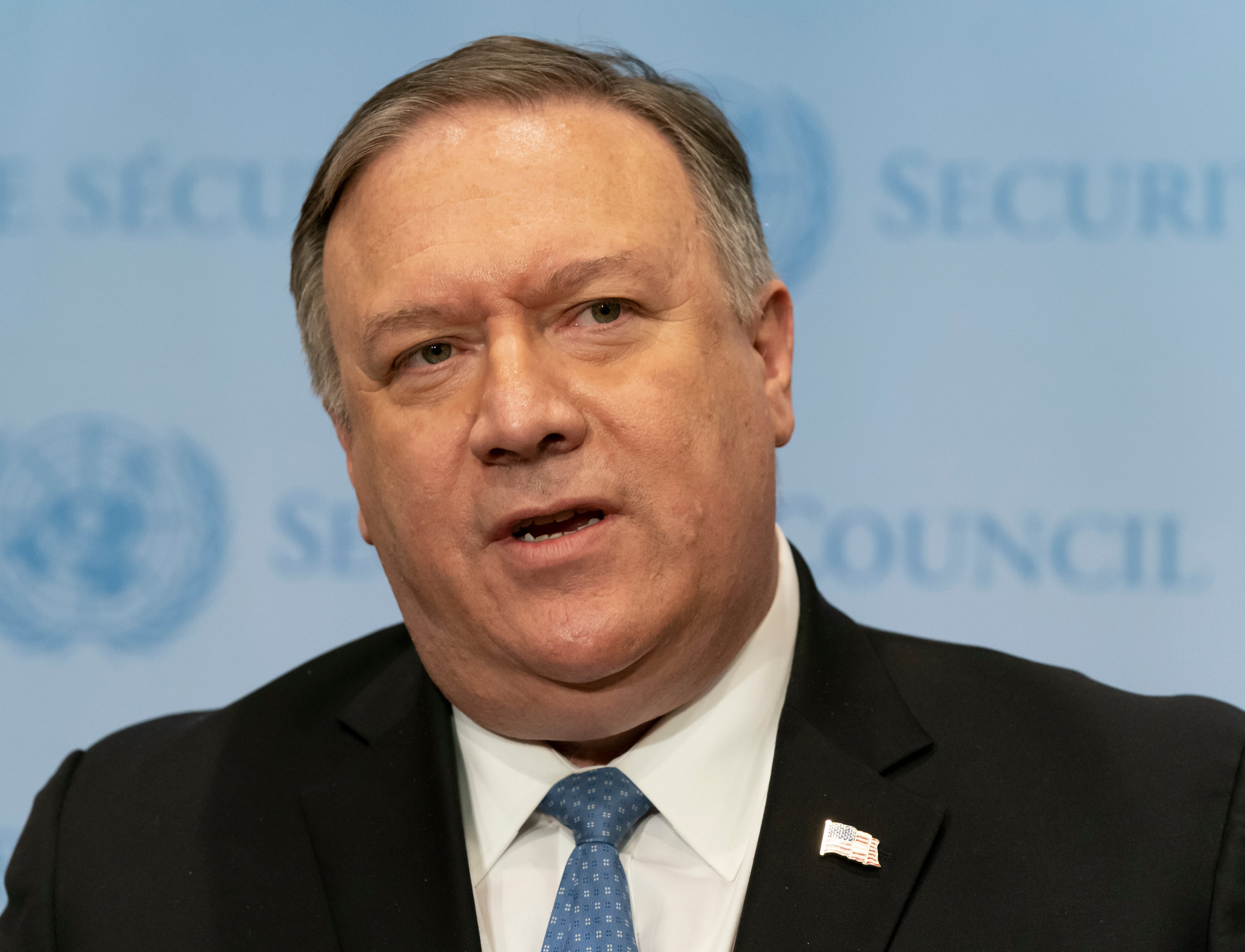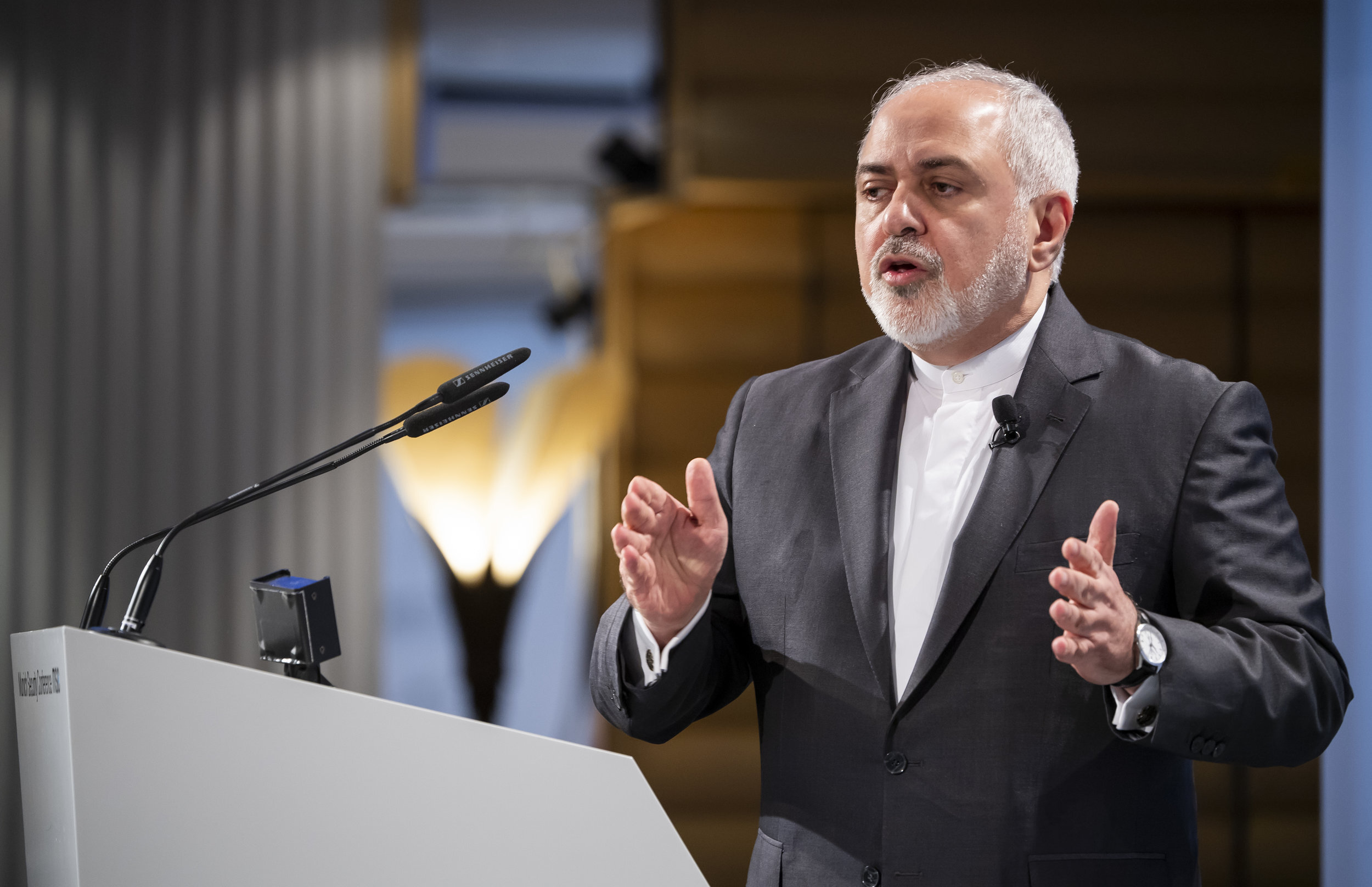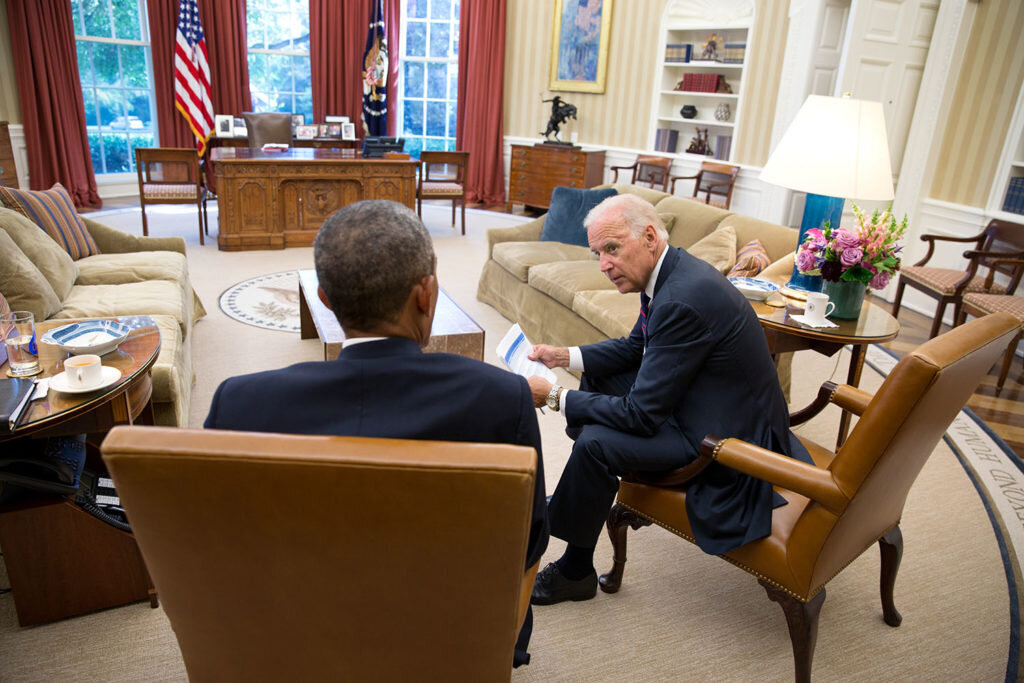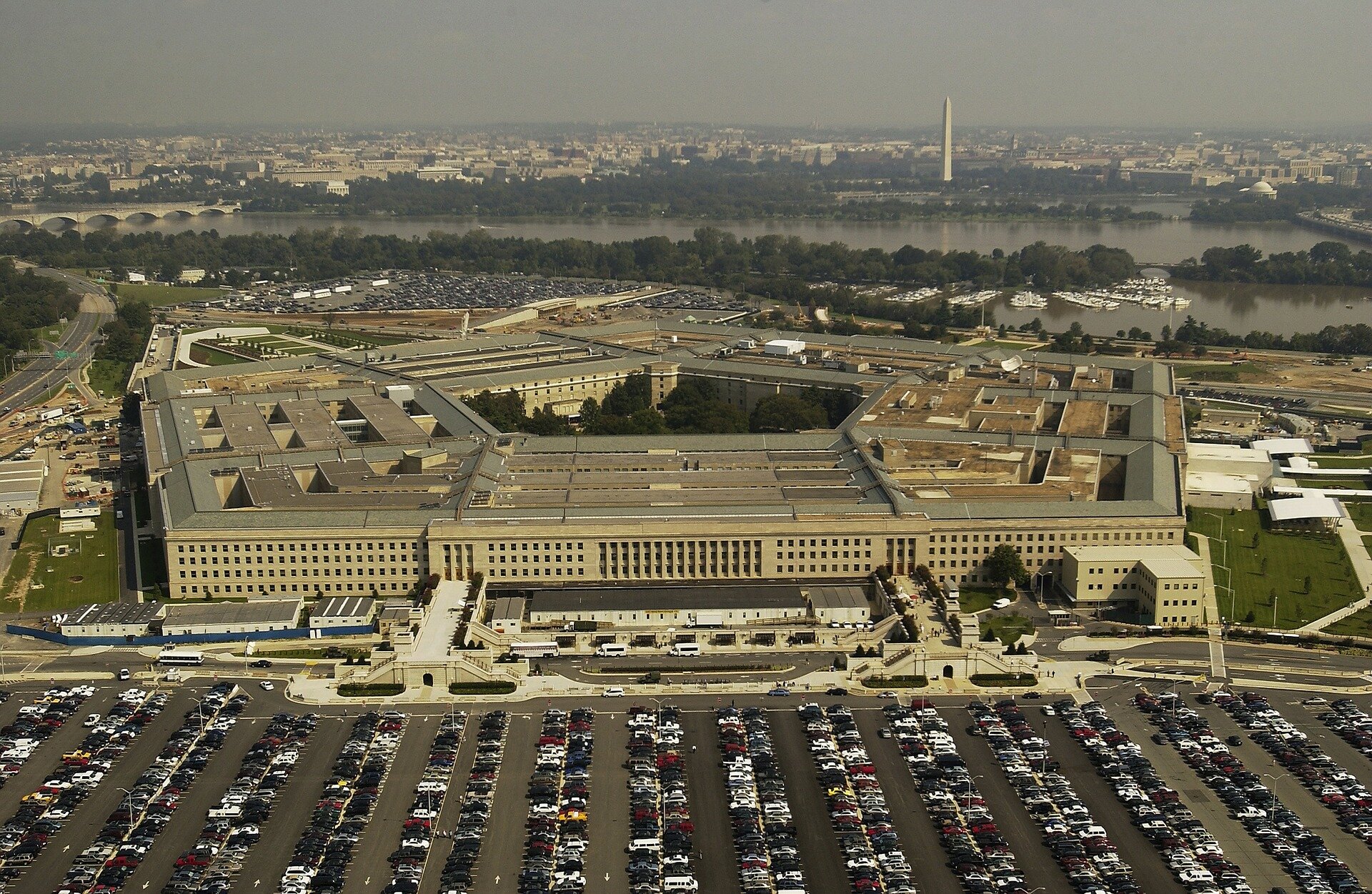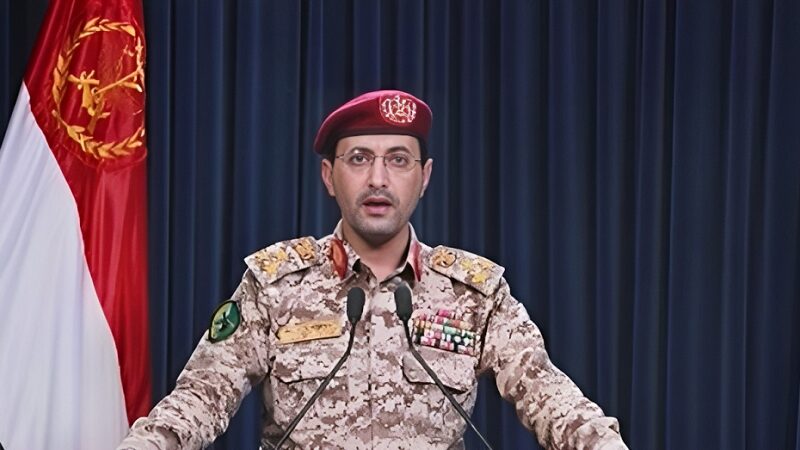WASHINGTON D.C., January 12th, 2021. After being allegedly advised against it, Sec. of State Mike Pompeo announced in a press conference that he had “revealed new information about how the Islamic Republic of Iran has given a new operational headquarters to al-Qaeda,” while describing Tehran as al-Qaeda’s “new home base”.
Virtually no one in Washington’s circuit of foreign policy think tanks or intelligence sources came out to support the claim, for which the Secretary provided no evidence other than a handful of names.
A source talking to Reuters said that while Congress had been briefed that something which resembles an al-Qaeda presence, and which ebbs and flows in and out of Iran, is a reality, the Secretary’s rhetoric was “over the top”.
The source suggested that it was simply an attempt to make it more difficult for Biden to re-engage Iran diplomatically as he helped to do when he served as Obama’s vice-president.
Iranian Foreign Minister Mohammad Javad Zarif tweeted out in response, “No one is fooled. All 9/11 terrorists came from @SecPompeo’s favorite [Middle East] destinations; NONE from Iran,” referring to the Sunni Gulf states.
This is not the first time the two have been linked. It happened once before the Iraq invasion when George W. Bush described Iran, Iraq, and North Korea as part of a mythical “Axis of Evil”.
More recently Pompeo threw out the accusation again during the flurry of accusations following the assassination of Iranian Maj. General Qassim Soleimani, but it was summarily contradicted and dismissed by Pentagon intelligence officials.
PICTURED: Mohammad Javad Zarif during the Munich Security Conference 2019. The Minister described Pompeo’s rhetoric as “warmongering lies”. Photo credit Wikimedia Commons, CC license, Germany.
Analysts remain skeptic at best
In 2017, renowned foreign policy reporter Gareth Porter wrote for the investigative journal Consortium News that documents seized during the bin-Laden raid which had recently been declassified, demonstrated that Iran granted something resembling asylum to al-Qaeda family members, but deliberately tried to keep military personnel, including Abu Musab al-Zarqawi, a major al-Qaeda chief, out of the country.
He wrote that even after their admittance within Iran, they “were quite taken by surprise when their people were arrested in two waves in late 2002 (following the 9/11 attacks),” and that the documents “provide no evidence whatsoever of tangible Iranian assistance to Al Qaeda”.
This was the parallel conclusion of a study published by Nelly Lahoud, a senior fellow at New America Foundation, who was able to examine all of the same documents.
She describes in her key findings that “Al-Qa‘ida views Iran as a hostile entity,” and that the documents offer “no evidence of cooperation between Al-Qa‘ida and Iran”. Her study also detailed that the arrest campaign resulted in many al-Qaeda members dying in prison, making the group take a likewise hostile stance towards Iran in the future.
She retains her 2017 view when she told the Quincy Institute for Responsible Statecraft “I would be very surprised if it is collaborating with Iran to plot terrorist attacks”.
“Iran and al-Qaeda are sort of strategic enemies,” another analyst, Charles Lister of the Middle East Institute think tank, told Reuters. “To paint Iran and Al Qaeda as being in a strategic relationship is far more fiction than fact”.
The New York Times, reporting on Pompeo’s announcement, quoted Michigan Congresswoman and former CIA analyst Elissa Slotkin, who said “that national security experts “should be looking at any talk of ties between senior Iranian leaders and Al Qaeda with a real skeptical eye”.
Slotkin was present in Congress during a 2019 closed-door intelligence briefing in which the Trump Administration had attempted to establish ties to Iran to explain the spiraling tensions in the Gulf at the time.
Begging the question
Indeed even on the surface the link seems fictitious. Iran is a Shia-dominated country, al-Qaeda are predominantly Sunni. The home countries of many of al-Qaeda’s operatives are Iran’s sworn regional enemies. They believe in strong centralized government, while al-Qaeda doesn’t recognize nation-states as real entities.
Pompeo then seems to be literally “begging the question”. Making accusations against countries without evidence is nothing new for the Secretary, and other experts, politicians, and analysts suggest it is merely an attempt to heighten tensions before Biden is inaugurated on the 20th.
Biden, who was in the White House when former-President Obama signed the JCPOA, colloquially known as the Iran nuclear deal, has expressed he would be willing to re-enter the agreement, but has also suggested it would need to be renegotiated.
According to Tehran Times, the Rouhani government has no intention of changing the original deal, or slowing down it’s uranium enrichment program in it’s absence, which is currently creating hexafluoride gas at 20% enrichment levels, 17% more than the limits allowed under the JCPOA.
The EU, which has by most accounts failed at its end of the bargain, which was to act as guarantor for the Iranian oil market under threat of U.S. sanctions, also expressed recently its desire to return to the JCPOA.
Quite vocally, Iran has scaled back its commitments to the nuclear deal, which it had adhered to for months after Trump’s unilateral withdrawal. A recent action in Iranian parliament gave all parties until February 21st to flat out return to, or perhaps move towards, a return to the agreements outlined in the JCPOA.
The Iranians have been making statements addressing Biden as the president-elect for weeks, and this new suggestion of an al-Qaeda link should, if Congress listens to experts in the intelligence and foreign policy fields, go the way of President Trump, and his Secretary of State.
